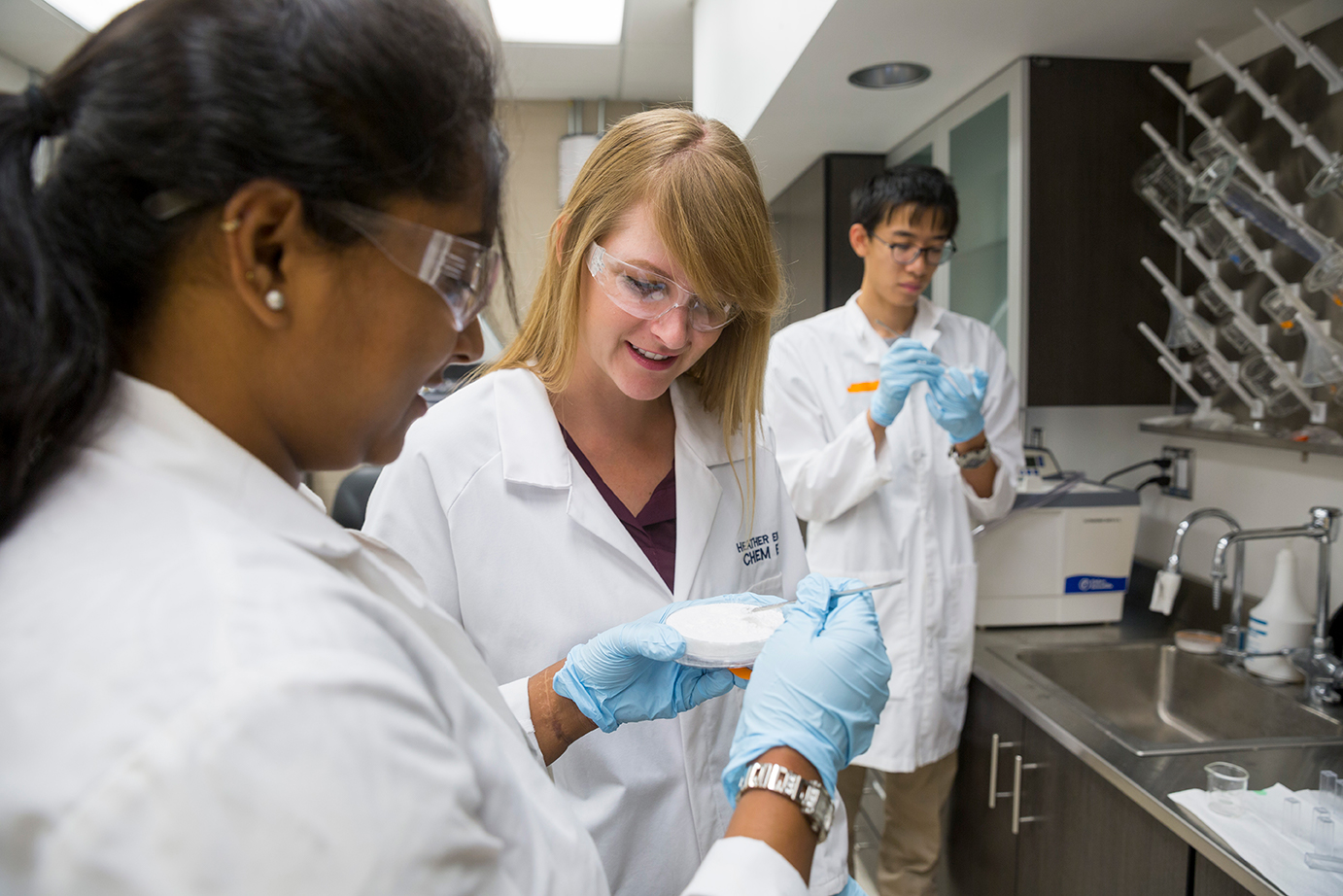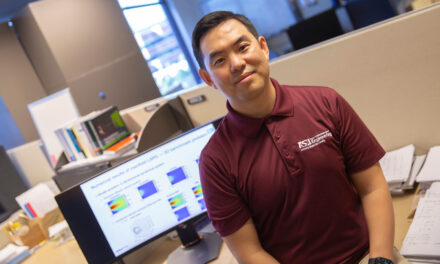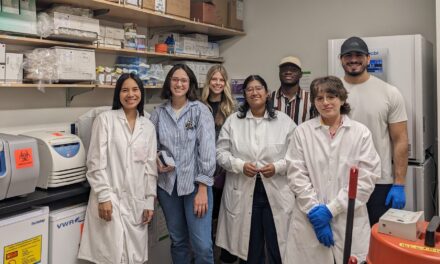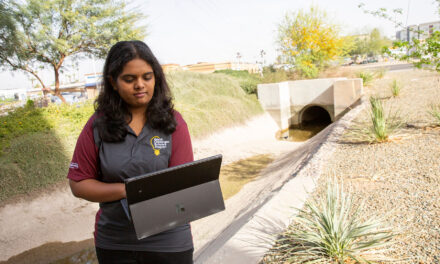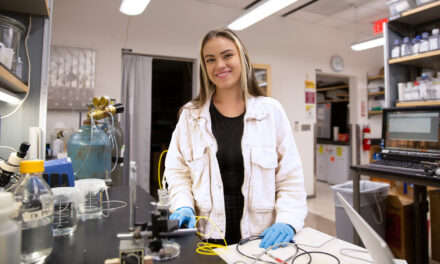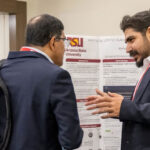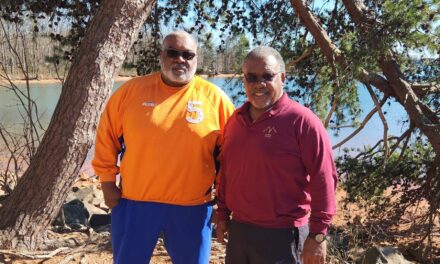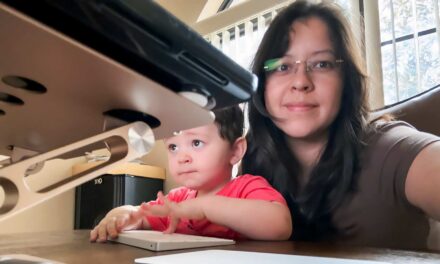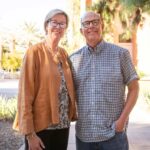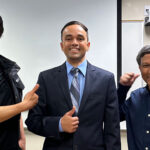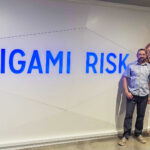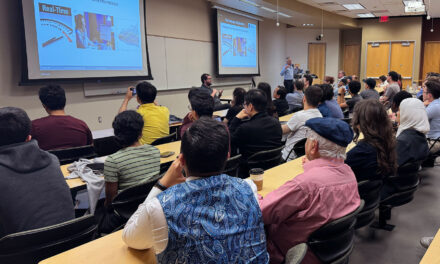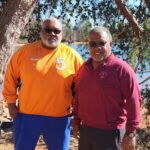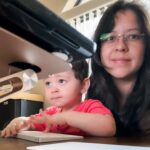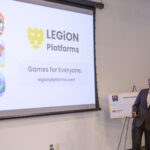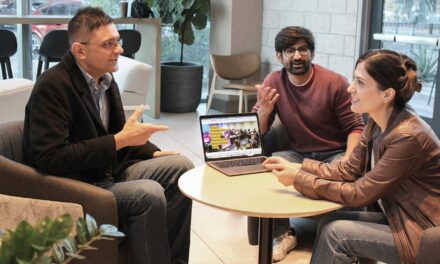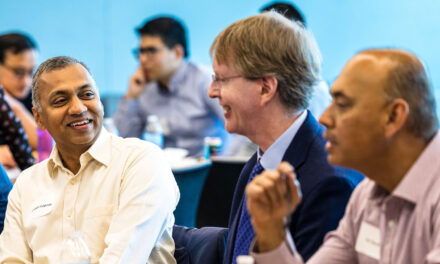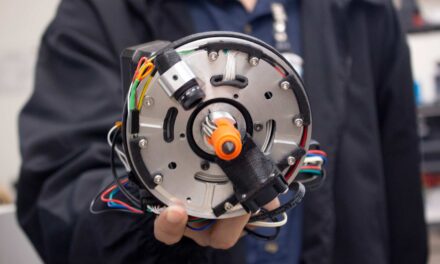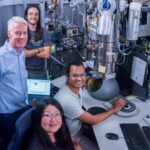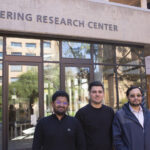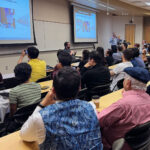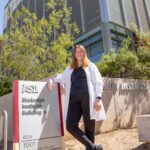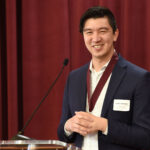
Unleashing the untapped potential of granular materials
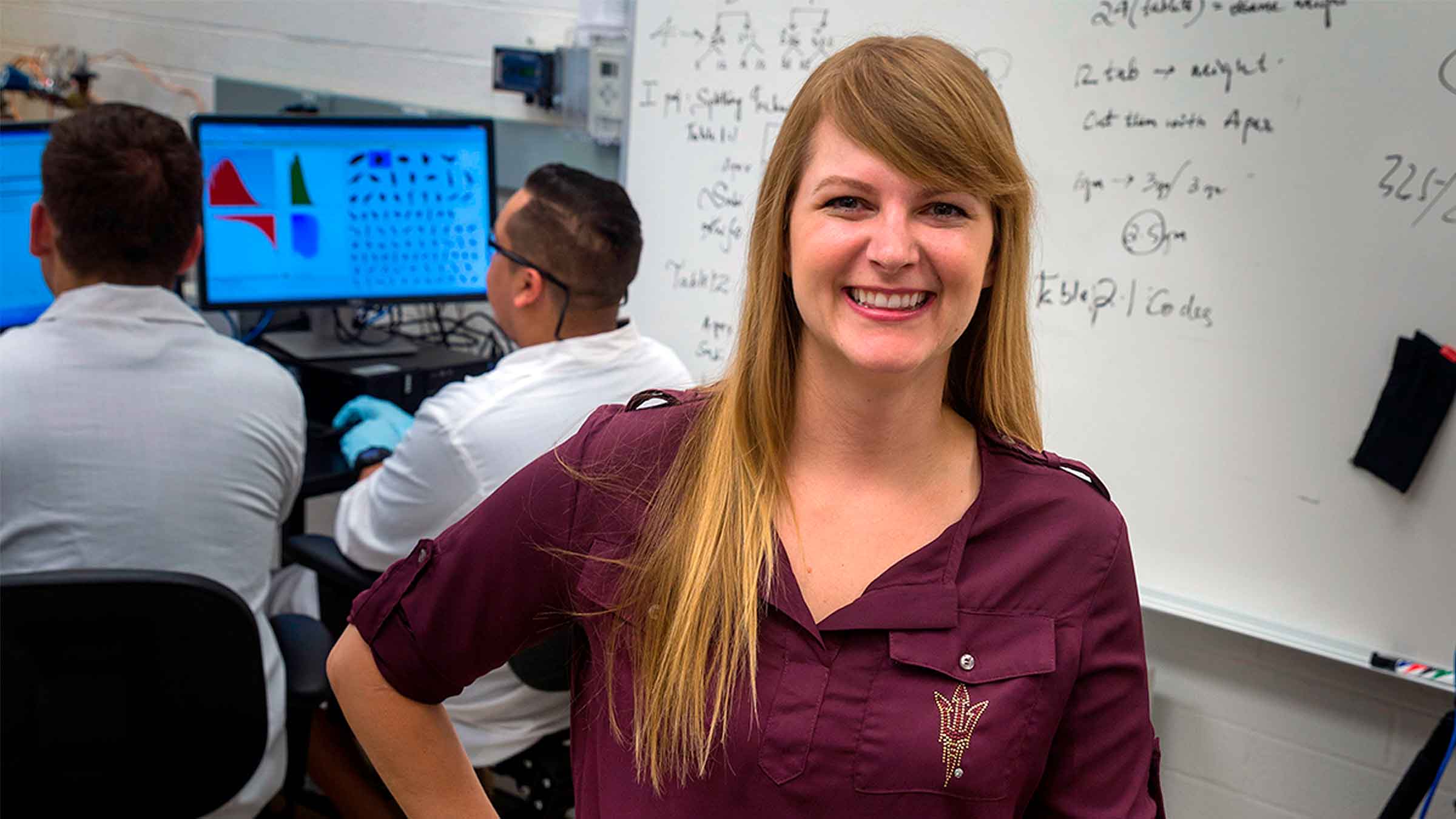
Above: Assistant Professor Heather Emady is one of 10 Ira A. Fulton Schools of Engineering faculty members to receive an National Science Foundation CAREER Award for 2018 to 2019. She will explore how granular particles behave in different engineering and manufacturing processes and how they can be employed to make different kinds of products, and make those processes more effective.
Ten faculty members in the Ira A. Fulton Schools of Engineering have received NSF CAREER Awards between September 2018 and April 2019.
Granules often get taken for granted. A plethora of products and industrial processes are made possible by granular materials, yet they haven’t always been given the attention they deserve, says Arizona State University chemical engineer Heather Emady.
When she was in graduate school and looking for an opportunity to make a big impact through her research, Emady discovered a lack of deep knowledge about the characteristics, behaviors and possibilities for beneficial uses of this class of materials.
Now, years later, Emady has support from a 2019 National Science Foundation Faculty Early Career Development Program (CAREER) Award to conduct research to expand understanding of the intricate inner workings of granules and determine their full range of capabilities.
The assistant professor in the School for Engineering of Matter, Transport and Energy, one the six Ira A. Fulton Schools of Engineering at ASU, will more fully explore how granular particles behave in different engineering and manufacturing processes and how they can be employed to make different kinds of products, or make those processes more effective.
Emady will focus on closely examining the complex chemical and physical interactions of liquids and particulate matter using high-speed imaging technology to reveal the complete internal structure of particles and see what’s happening at the microscopic level as the materials combine with liquids.
What she expects to find “can be important for developing more effective chemical catalysts and particle processing for many kinds of industrial operations,” she says.
These discoveries will be important for the mining and agricultural industries, the development and manufacturing of pharmaceuticals, numerous consumer products and construction materials — particularly concrete and cement — and relatively new fields such as biomass conversion to produce renewable energy.
Emady says the research promises to help enable processing operations to work more efficiently not only by saving time and reducing costs but also by requiring less energy to power those processes.
“Industrial processes involving granular materials today make up between 5 and 10 percent of the world’s energy use,” she says, “so more energy-efficient processing can have very big positive environmental benefits,” in large part by cutting down on the amounts of greenhouse gases released into the atmosphere by production facilities.
Beyond new processing designs, Emady’s research project will strive to develop applications of granulation processes that could serve the purposes of a wider variety of industries.
The project will also provide research experience for ASU engineering and science students, including several doctoral and master’s students, dozens of undergraduates and small groups of high school students participating in a program to prepare them to compete in the annual Arizona Science and Engineering Fair competition.
Additional education outreach efforts will involve providing learning experiences for middle school students, incorporating laboratory modules into her graduate-level elective course on particle processing and developing a graduate mentoring program for female students.
Advancing the goals set by the NSF, Emady will also use research experiments and related activities to educate students at all levels on the importance of materials technologies to society, to take steps to help prepare students to work in the field and to foster diversity in engineering and science.
“I came to ASU because it’s an exciting place to be for research opportunities, and I want to contribute to that,” Emady says. “But outreach, diversity and inclusion in engineering and research is also very important to me.”
